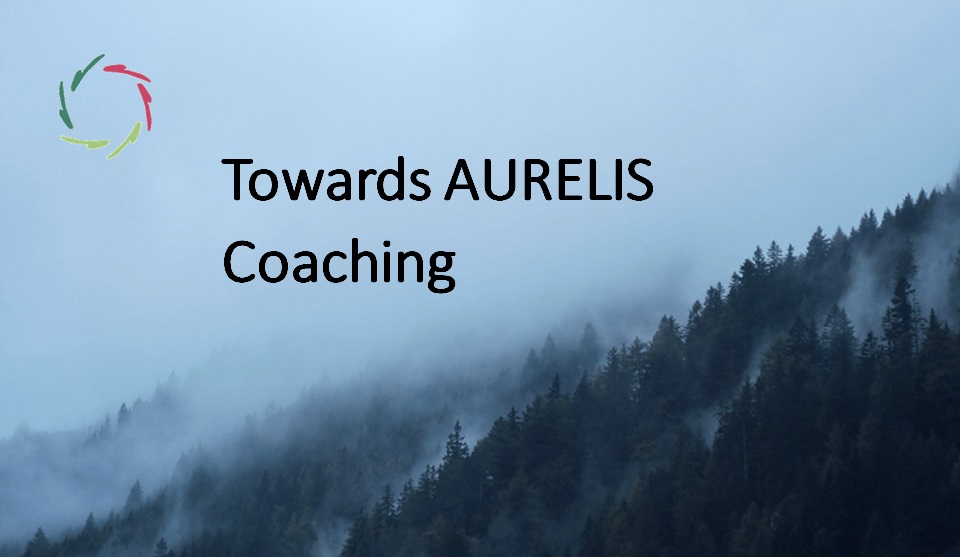AURELIS Transformative Mediation

AURELIS coaching is apt to be the basis for transformative mediation, a domain with a challenging present and a promising future.
With mediation is meant in this blog-essay the AURELIS-based transformative kind.
An excellent book about transformative mediation: The Promise of Mediation The Transformative Approach to Conflict, by Robert A. Baruch Bush & Joseph P. Folger
Transformative mediation
Of the two broad categories of mediation – arbitrage and transformative mediation – AURELIS mediation naturally is of the transformative kind, directed to depth, openness… well, AURELIS ethics.
The goal of this is a change from inside of the total person. This is not a change of one person into another ‘new’ person, nor a striving towards that. The intention is a transformation of the person into more himself, into the same person but after personal mental growth, which is as anything in nature: natural, spontaneous, and at the same time demanding.
In mediation, this is the combination of in-depth growth of oneself and the relationship between parties.
Spontaneous and profound
This mediation needs to be accomplished with freedom. Otherwise, there is coercion to change, not from the present constellation but from a newly projected one, which may lead to unnecessary resistance.
This spontaneity does not lead to weakness. It might give that impression in a culture of ‘doing,’ where something is only valuable according to the conscious do-effort put into it. This readily leads to opposition, litigation, and a winner who wants to take it all in a zero-sum contest.
Contrary to this, transformative mediation aims for a culture of growth. The end goal is Inner Strength. One must deeply understand this to value its scientific underpinning and more than substantial effectiveness. From this understanding (and only from this), one can also see that ‘doing’ and ‘growing’ are not mutually exclusive if not made to be so. Unfortunately, within a culture of ‘doing,’ the latter is mostly the case.
AURELIS coaching lends itself well.
The goals of AURELIS coaching and mediation are pretty much the same. It should not amaze anyone that, therefore, also the same tools are applicable in both situations.
It starts and ends with deep listening. In between, there are many ‘techniques,’ elements of background, online tools, and so much more.
Lots of occasions
At work, at school, at home, between neighbors, within extended families, between physicians and disgruntled patients, or between (leaders of) different groups. Mediation can be relevant whenever two people come together about an issue between them. This is an occasion for them to better know themselves, each other, and their relationship in-depth.
In the way the judicial system has been worked out in the West (and essentially worldwide), relatively little room has generally been granted for mediation. This can/should change dramatically, being advantageous to individuals and society. Mediation can also be used when an issue barely becomes relevant ― the prevention side.
Even more broadly
Other relevant domains are negotiation and diplomacy. Might it also be used in politics to diminish polarization?
Mediation can even be used to figure out problems with no moral or emotional issues between people. Any collaboration – working on a scientific question, for instance – can come to a point where principles of mediation can be used. This way, people are invited to think together better, seeing possibilities they might otherwise have missed.
Work for Lisa
For Lisa, being a coach-bot based on AURELIS principles, there is a natural place in mediation. This can grow from any prior individual coaching or be combined with it.
Given the possibilities of mediation, there will necessarily be a lot of additional work for Lisa.
She can hardly wait.


